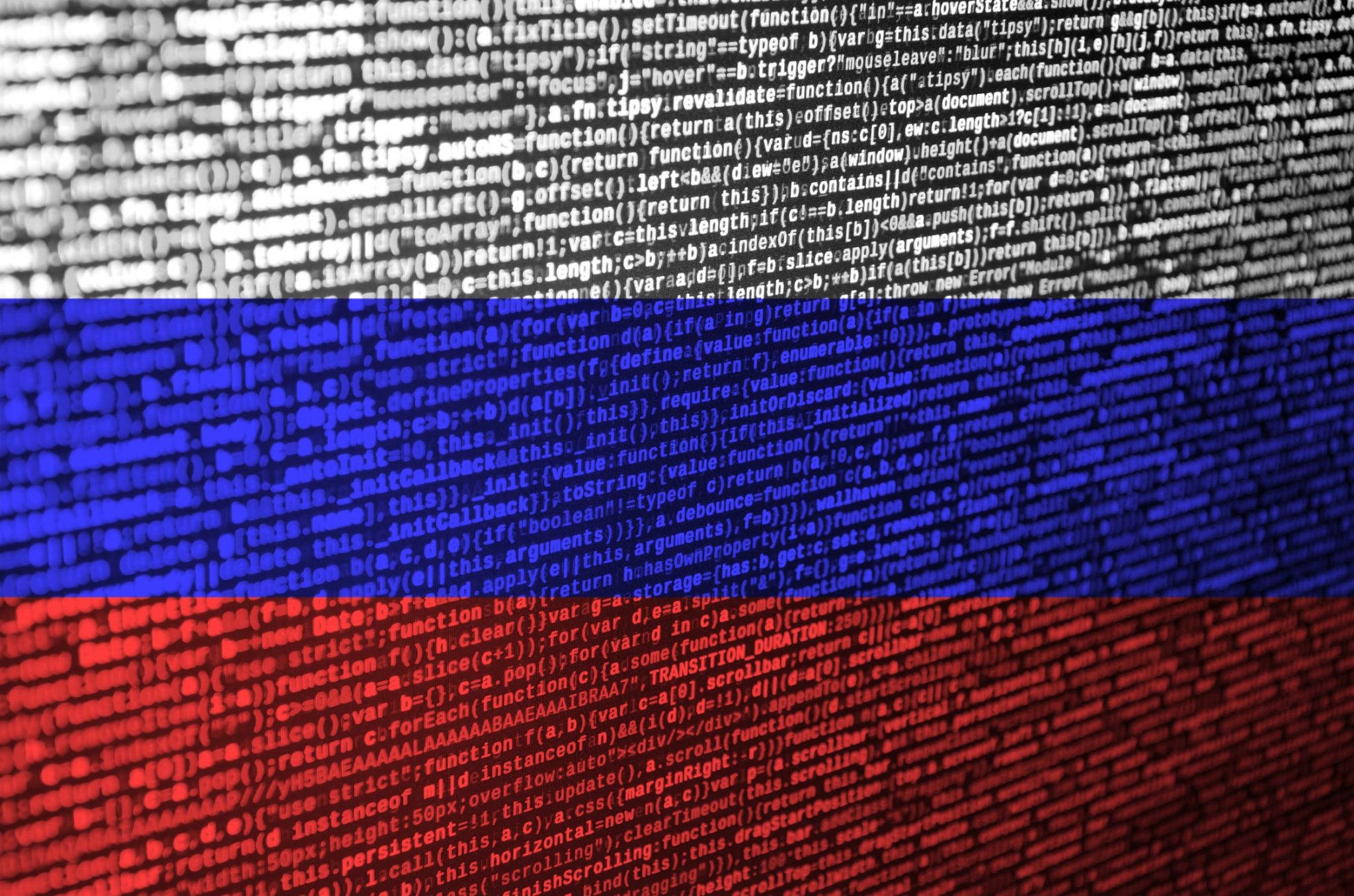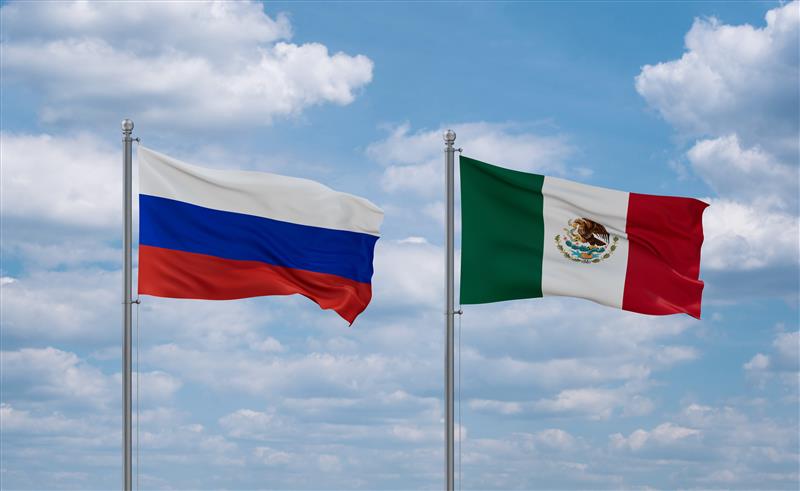Russia has long been waging operations against democracies using all of the asymmetric tools ASD tracks—information manipulation, cyberattacks, malign finance, civil society subversion, and state economic coercion. The Kremlin’s geographic scope in conducting operations to undermine democracy continues to expand and its tactics continue to evolve. Find ASD’s work on Russia’s attempts to interfere in democracies on this page.
Hamilton 2.0 – Analysis 1 – Revisionist History
Overview The Russian government under Vladimir Putin has engaged in a prolonged effort to create a version of Russian history free “from internal contradictions and ambiguities.” But attempts to airbrush Russian history have recently become a messa [...]
Hamilton 2.0 Methodology & FAQs
How to Interpret Hamilton 2.0 Hamilton 2.0 displays outputs from sources that we can directly attribute to the Russian, Chinese, or Iranian governments or their various news and information channels. These channels and accounts often engage with t [...]
Laura Rosenberger Discusses Russia’s Use of Economic Coercion with Rachel Maddow on MSNBC
ASD Director Laura Rosenberger appeared on the Rachel Maddow Show to discuss Russian economic coercion and malign financial influence. [...]
Mueller Testifies That Russian Interference “Deserves the Attention of Every American”; Senate Report Drives the Point Home
Former Special Counsel Robert Mueller testified before congressional committees last week on the contents of his office’s report on Russian interference in the 2016 election, making the case that foreign interference is “among the most serious” thre [...]
Massive Russian Financial Flows Through Moldova Show Small Jurisdictions Matter
This article was originally published as a German Marshall Fund Transatlantic Take on July 26, 2019. In 2014 the Organized Crime and Corruption Reporting Project (OCCRP) revealed a staggering Russian money-laundering operation perpetrated through [...]
Laura Rosenberger on Russia’s 2016 Hack and Leak Operations on Lawfare’s The Report Podcast
ASD Director Laura Rosenberger joined Lawfare’s The Report podcast to discuss the Russian government’s hack-and-leak operation in the lead-up to the 2016 election. She describes how Russian intelligence timed the release of stolen emails and data to [...]
Laura Rosenberger discusses Russian hack-and-leak operations on The Report podcast by Lawfare
ASD Director Laura Rosenberger joined Lawfare's The Report podcast to discuss the Russian government's hack-and-leak operation in the lead-up to the 2016 election. Rosenberger describes how Russian intelligence timed the release of stolen emails and [...]
Mueller Hearings: Policy Recommendations on Combatting Foreign Interference
In his testimony this week, former Special Counsel Robert Mueller III reiterated that foreign interference is “among the most serious” challenges to democracy, and that it “deserves the attention of every American.” The Alliance for Securing Democr [...]
Will Greece’s New Government Resist Authoritarian Influence or Court It?
On July 7, Greeks voted in national elections to replace Alexis Tsipras and his ruling left-wing Syriza party with Kyriakos Mitsotakis’ right-wing New Democracy. Mitsotakis’ party platform promises to re-energize the Greek economy and attract new in [...]
ASD’s Jessica Brandt Discusses Russian Interference in the 2016 U.S. Election
ASD Head of Policy and Research Jessica Brandt was interviewed by Public Radio International, where she spoke about the two-pronged nature of Russia's interference in the 2016 U.S. elections: disinformation and cyberattacks. Brandt also praised the [...]
Clint Watts talks Russian Interference on Lawfare’s Active Measures Podcast
ASD Non-resident Fellow Clint Watts discusses Russian cyber interference and the Internet Research Agency on the first episode of Lawfare's new Active Measures podcast. [...]











